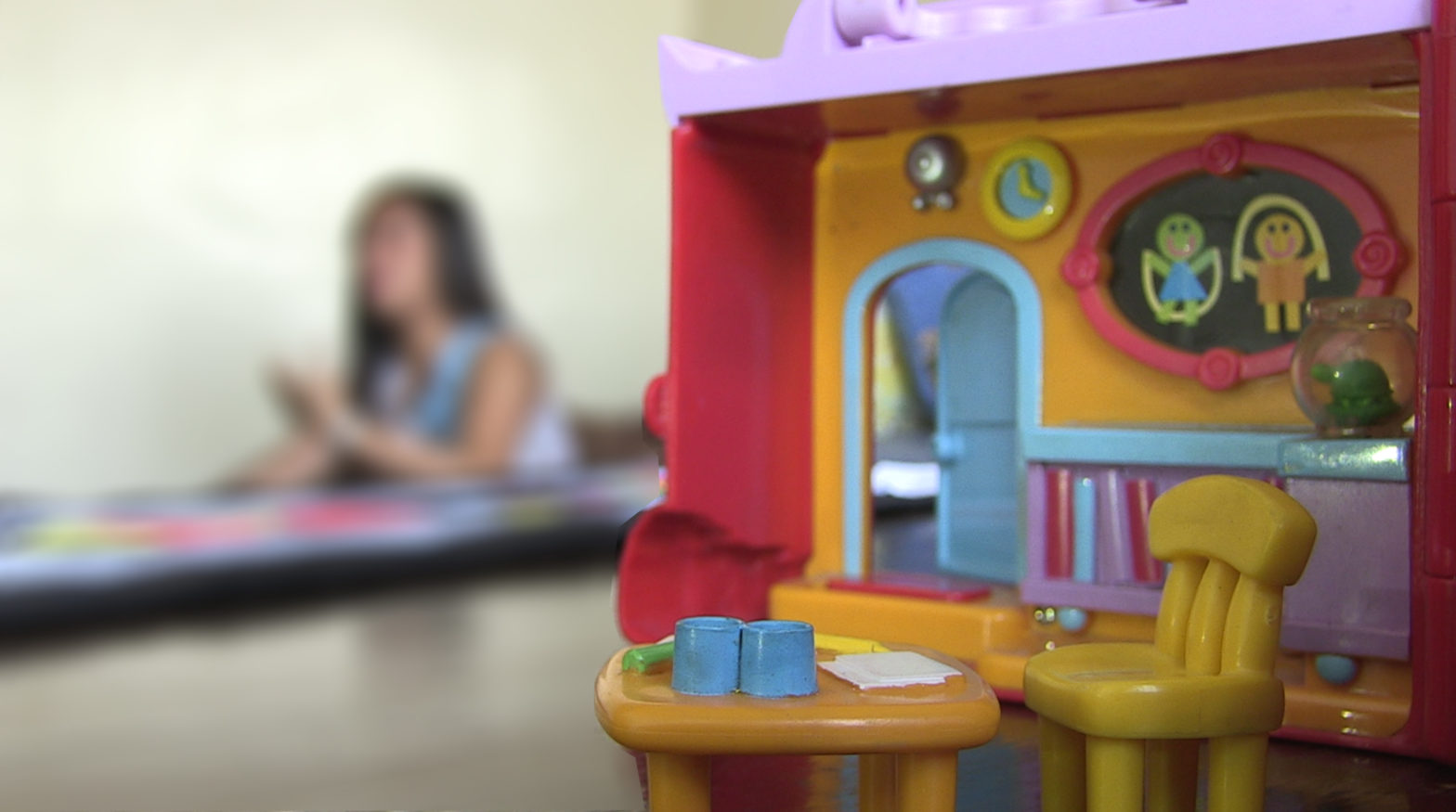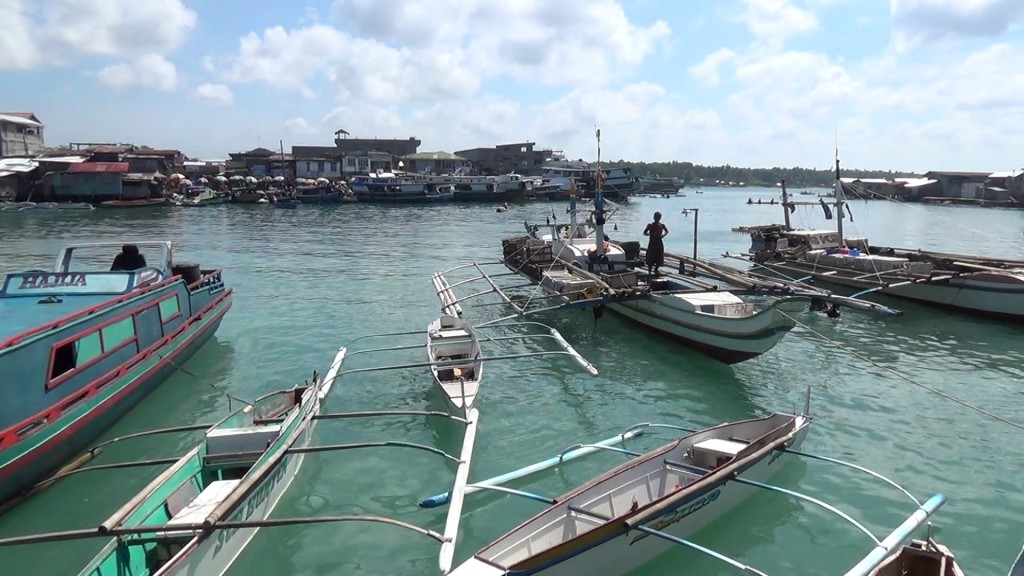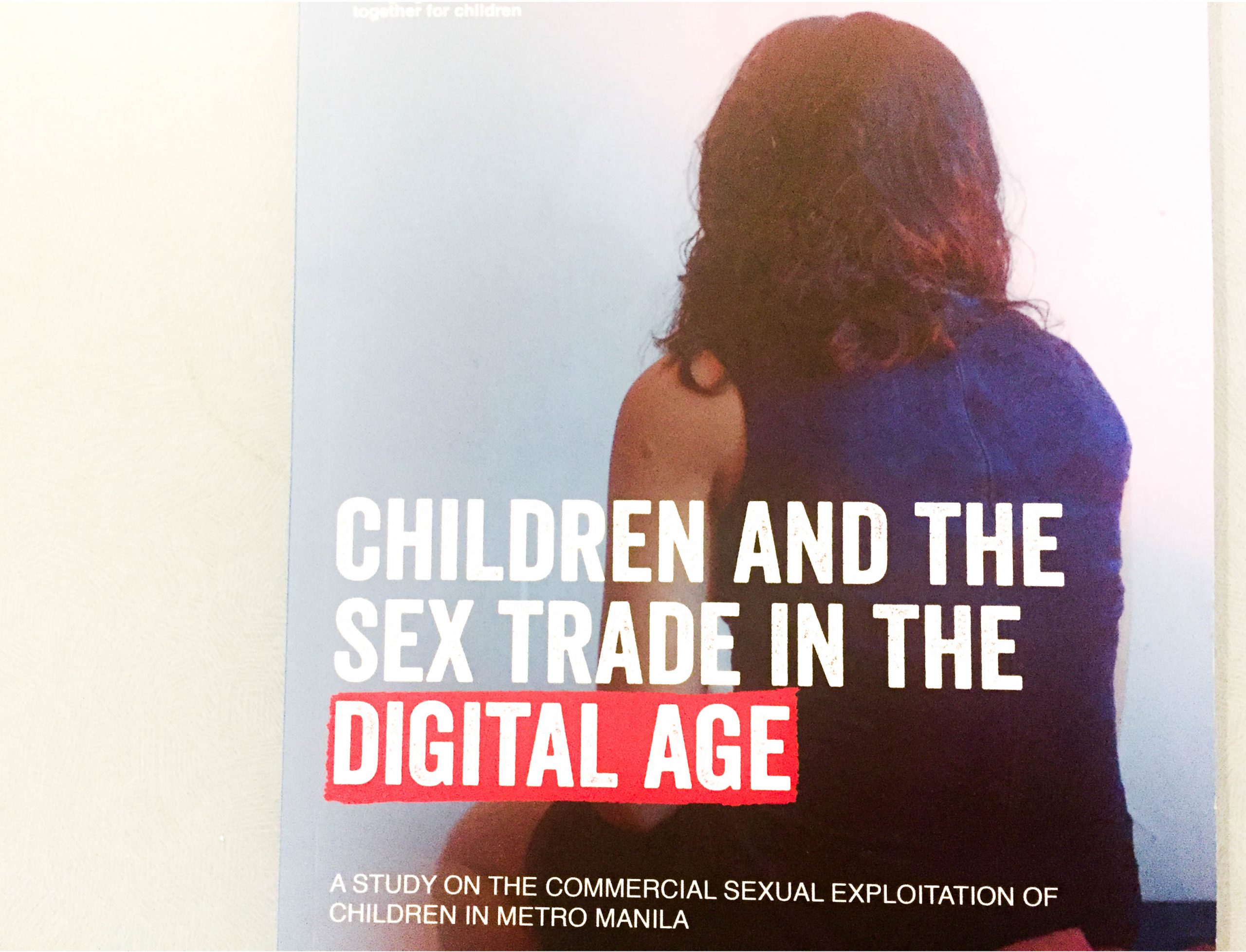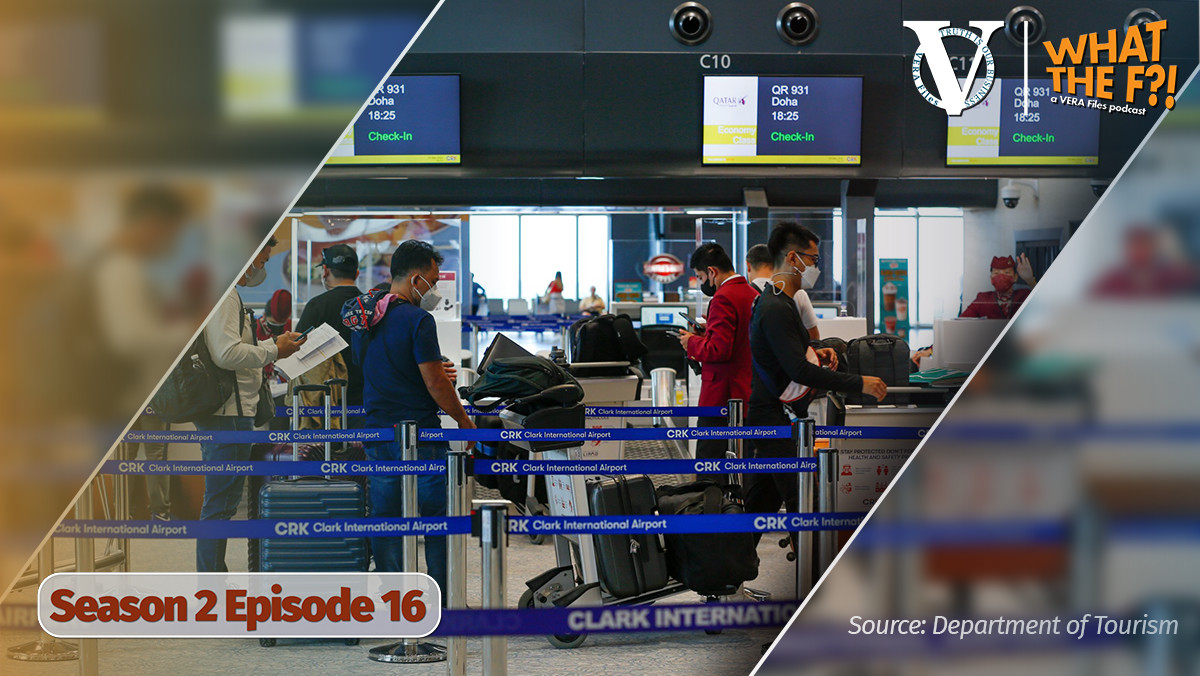By LALA ORDENES
LIKE most Filipinos, Cel loves to sing. When her father died when she was in third year high school, she thought of capitalizing on her beautiful singing voice to help support her family.
She lost no time in auditioning for a part in a pop band that local talent agent told her would be launched in Korea. She was chosen with four other girls after singing in front of Korean representatives in a videoke bar.
Cel then left home and stayed in the agent’s house with the other girls. They trained rigorously everyday.
After four months, they were told that their Korean visas were approved and were asked to sign a contract written in Korean characters.
When Cel complained that she could not understand the document, the agent told her: “Where is it you’re going? Korea, right?”
Scared that she might lose the opportunity to land the job, Cel signed the document and a blank piece of paper.
The agent then told her that she had to pay P30,000 for airfare, the expenses for the video shoots they made during practice sessions, and her board and lodging for four months.
These were not part of their initial arrangement.
Little did Cel know that her ordeal was just beginning. On her first night in Korea, she and other girls from other countries were made to line up in front of drunken Koreans.
“We were told to raise our skirts and to take our panties off,” she recalled. “They would touch us inappropriately and kiss us.”
Every night, Cel and the other girls were treated as playthings by a room full of intoxicated men.
“I’d be crying while they stripped off my clothes,” she recounted. “I’d be crouching in front of them, exposing my entire body.”
One time, she saw her friend being choked while the men laughed.
Cel is just one of the 300,000 to 400,000 Filipino women being trafficked annually, according to a 2006 United States Department of State’s Human Rights Report.
She told her story in Enslaved, a documentary hosted by Dingdong Dantes and produced by MTV EXIT (End Exploitation and Trafficking) — an international multimedia campaign to raise awareness and increase prevention of human trafficking and exploitation.
The United Nations (UN) defines human trafficking as “the acquisition of people by improper means such as force, fraud or deception, with the aim of exploiting them.”
The UN estimates that there are 2.5 million victims of human trafficking at any given time, with the majority of trafficked victims coming from Asia and the Pacific.
In the Philippines, trafficking victims are sourced mostly for forced labor, sexual exploitation, and domestic servitude in households.
Young, poor, and barely out of high school, Cel fits the profile of the perfect victim.
“Our primary targets are country people who have little knowledge of the law and whose family situation is difficult with little money to live on,” Thuong, a self-confessed Vietnamese trafficker, said.
Human trafficking is a very lucrative business. Criminal traffickers earn an estimated US$10 million annually, making it the second largest illegal trade in the world, next to illegal drugs.
Thuong reported: “The average price is about P10,000 per person to be delivered across the border. That is for average merchandise, but nice merchandise could fetch up to P20,000 to P30,000 per person.”
Speaking at the Enslaved launch, Justice Secretary Leila De Lima, chair of the Inter-Agency Council Against Trafficking (IACAT), admitted that the Philippines has “failed to maximize our opportunities and resources” in the past to combat trafficking, despite having “the tools and weaponry to wage a full-blown war against trafficking in persons” provided under the Anti-Trafficking in Persons Act of 2003.
The United States Department of State’s Trafficking in Persons Report placed the Philippines in the Tier 2 Watch List in 2009 and 2010 for not fully complying with the law’s minimum standards, but is making significant efforts to bring itself into compliance with those standards.
De Lima said the IACAT has “institutionalized programs that intensified the government’s efforts in the prevention and prosecution of trafficking in persons and protection of victims.”
As a result, she said a total of 60 convictions have been obtained for violation of the law, majority of which were under the present administration. The Philippines is still Tier 2 for 2011 but the Watch List ranking has been lifted, she added.
Matt Love, MTV EXIT campaign director, said the problem of trafficking may no longer be fought by traditional methods alone. That is why MTV EXIT is harnessing the power of multimedia to make young people –the MTV demographic who are the most vulnerable to trafficking –aware of the evils of human trafficking.




